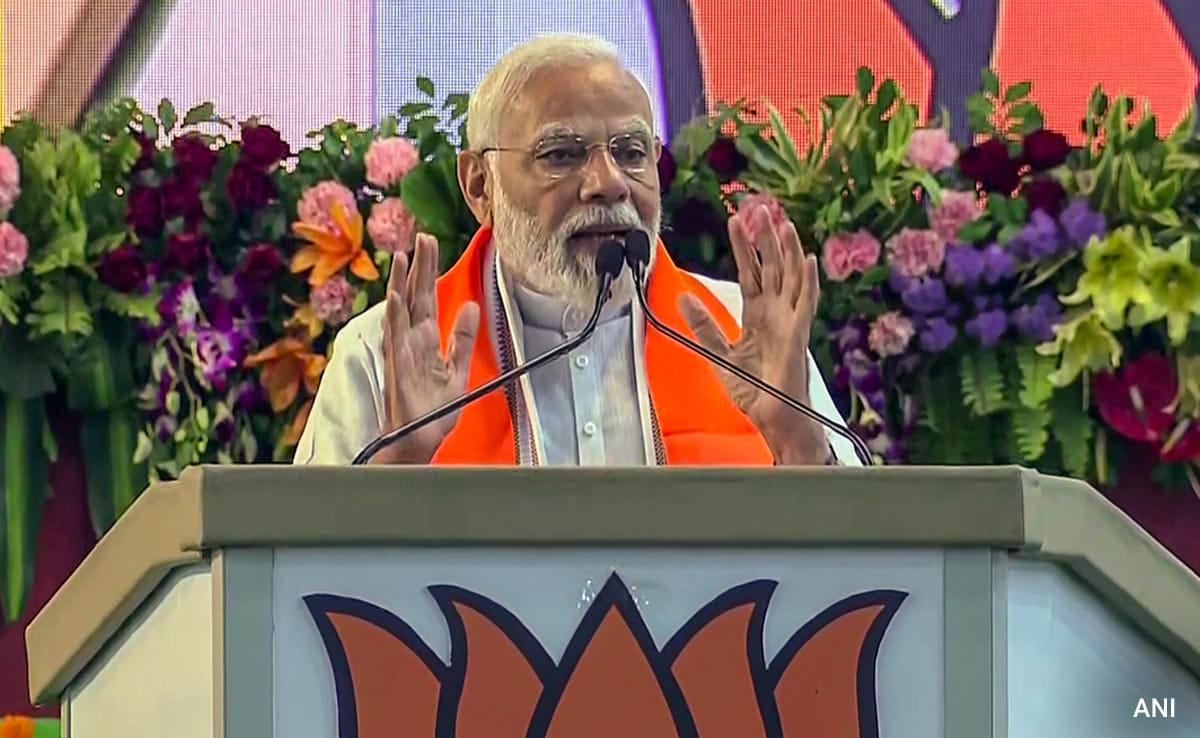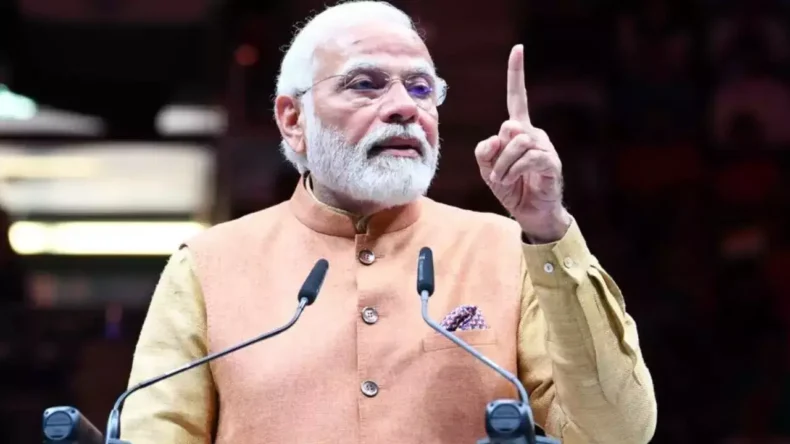Prime Minister Narendra Modi has made a resolute plea for the implementation of a Uniform Civil Code (UCC) during his address to BJP workers in Bhopal. This marked a significant moment as it is the first time the Prime Minister has taken such a strong stance on the issue. Modi highlighted the constitutional and judicial demand for a UCC, emphasizing the need for a unified legal framework in the country.

source- NDTV.com
Modi criticized the opposition parties for playing vote bank politics and accused them of stirring up controversies around the UCC. He questioned how a country can progress with two sets of laws and stressed the importance of equal rights enshrined in the Constitution. The Prime Minister highlighted that the Supreme Court has also emphasized the implementation of a UCC, further reinforcing its significance.
In his address, Modi urged Muslims to identify those who manipulate them for their personal gains. He affirmed the government’s commitment to operating within the constitutional framework and reiterated that the Constitution mandates the introduction and implementation of a UCC. The Prime Minister also expressed concern over the exploitation of Pasmanda Muslims by the Muslim elite and called for justice and equality for all communities.
Modi emphasized that the BJP’s approach is guided by prioritizing the nation’s interests above political appeasement. The party’s values center around the well-being of the country, believing that what benefits the nation will ultimately benefit the party as well. He highlighted that the BJP has decided against pursuing political favors and stressed that working for the betterment of the nation is not a favor but a source of satisfaction.
The 21st Law Commission has recently invited suggestions and comments from religious organizations and the public on the UCC, demonstrating an inclusive approach in shaping this significant legislation. Once implemented, the UCC will bring matters such as marriage, divorce, succession, and adoption under a common law that transcends religious boundaries. With the next Lok Sabha elections on the horizon, the BJP has intensified discussions on the UCC, underscoring its importance in their political agenda.
The UCC represents a significant step towards achieving equality and national integration in India. By establishing a uniform set of laws applicable to all citizens, regardless of their religious affiliation, the UCC aims to promote unity and eliminate divisions based on religious practices. The consultation process initiated by the Law Commission seeks to gather diverse perspectives, ensuring that the UCC reflects the aspirations and values of all sections of society.
As the discourse on the UCC gains momentum, it remains to be seen how this legislative reform will shape India’s legal landscape. The implementation of a UCC has the potential to create a more inclusive and equitable society, where individuals are governed by a common set of laws. By embracing the principles of equality and justice, India can take a significant stride towards fostering unity and integration among its diverse population.












